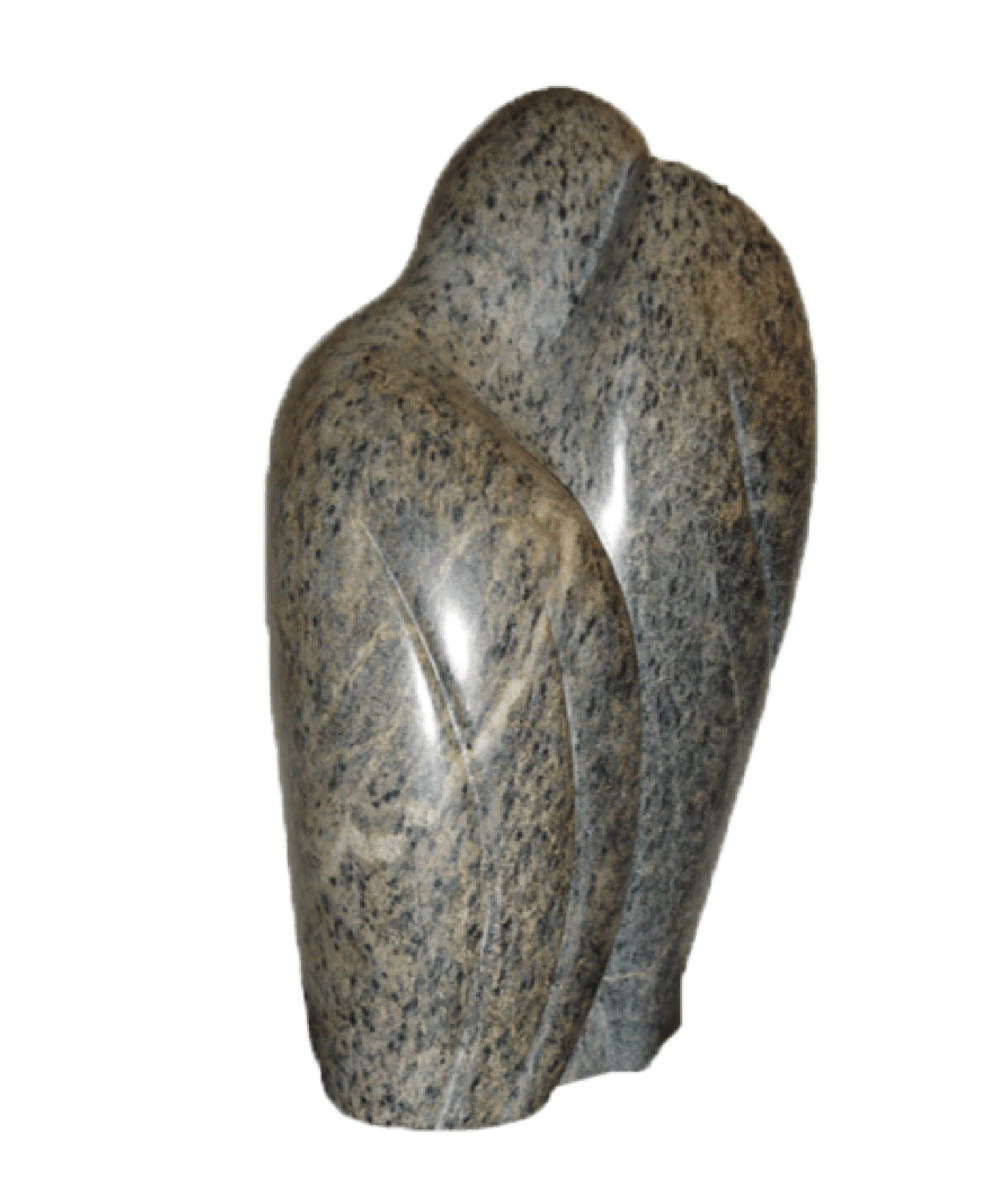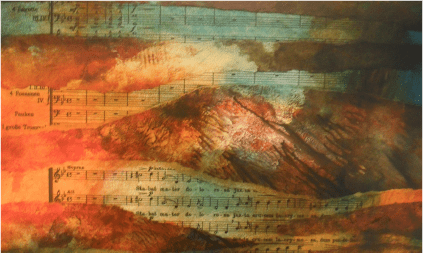Zoltán Kodály
About the composer
Zoltán Kodály was born in 1882 in Kecskemét, Hungary. He belonged to a musical family and, without much tuition learned to play the piano and string instruments. He also started composing while still in secondary school. He studied at the Budapest conservatory and graduated with a study about Hungarian folk songs. He became a teacher at this conservatory almost directly after that and stayed there until 1940.
Starting in 1905, together with Bartók, he collected folksongs from Hungary and other Eastern European countries, using them in his compositions. This great archive was lost for a large part in the second world war. He also published very interesting ideas about the musical development of children, whose education in other fields is supposed to benefit from a better musical education.
He has composed a number of works that have become very popular: the comic opera Háry János (especially the instrumental suite based on it), the Dances of Galánta, the Peacock variations and the Psalmus Hungaricus. Kodaly died in 1967 at the age of 84 in Budapest.
About the Stabat Mater
| Date: | 1898 |
| Performers: | Mixed Choir |
| Length: | 3.30 minutes |
| Particulars: | Kodály wrote his Stabat Mater while a student in 1898, for men's voices. Two of his fellow students transcribed it for mixed voices, and this version was published in Czechoslovakia. |
| Textual variations: | Probably, the "Vatican"-version of the text is used, but only 7 stanzas are sung. |
| Colour bar: |
|
Information about the recording
| CD: | Non-commercial CD: Passionsmusik aus Furth und Moosburg |
| More info: | A studio registration of some works, produced by the choir itself in 1999. |
| Choir: | Evangelische Kantorei Moosburg |
| Conductor: | Nico Firnkees |
| Other works: | Heinrich Schütz: Johannes-Passion |
| Code: | KOD-01 |





